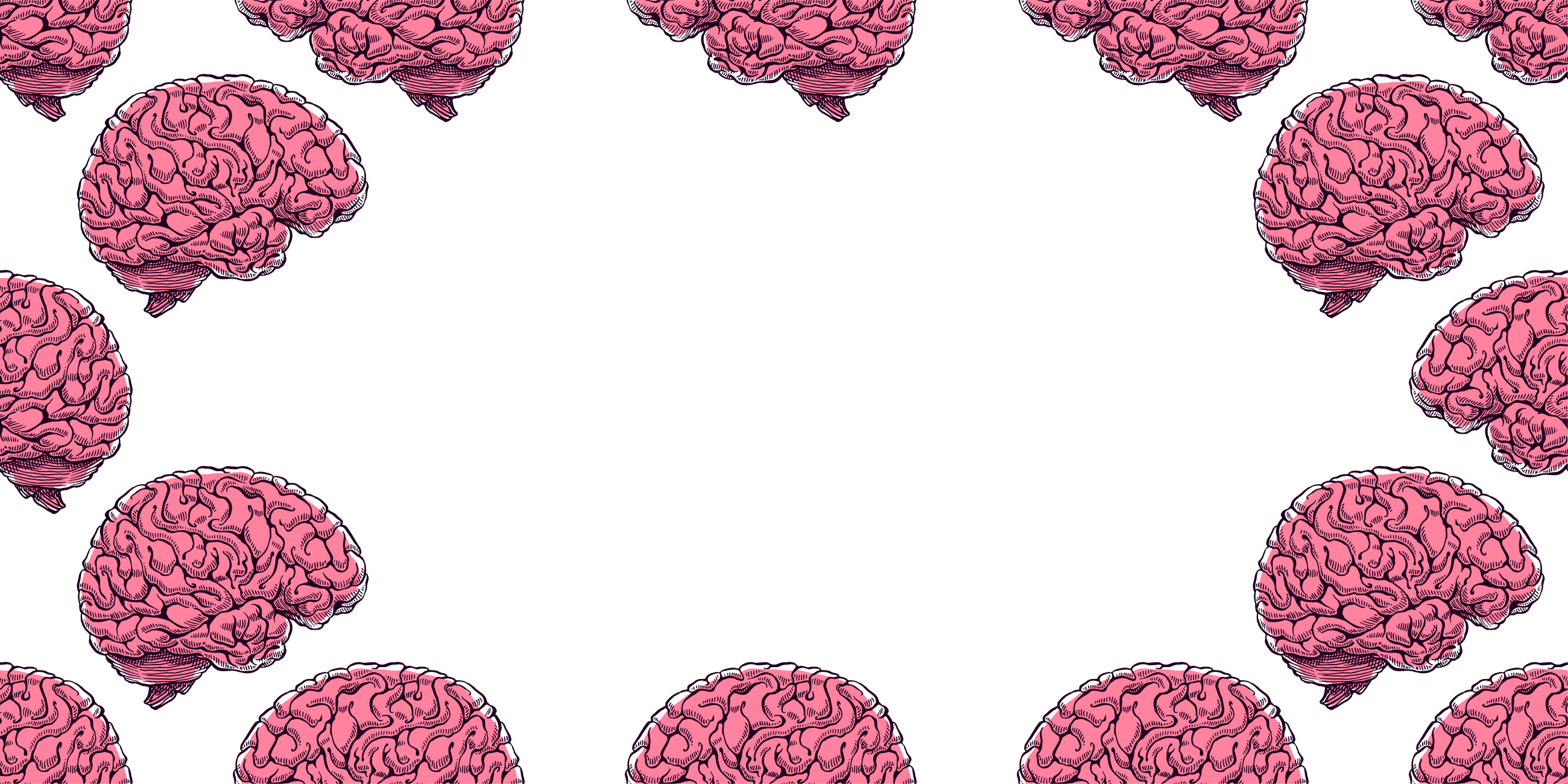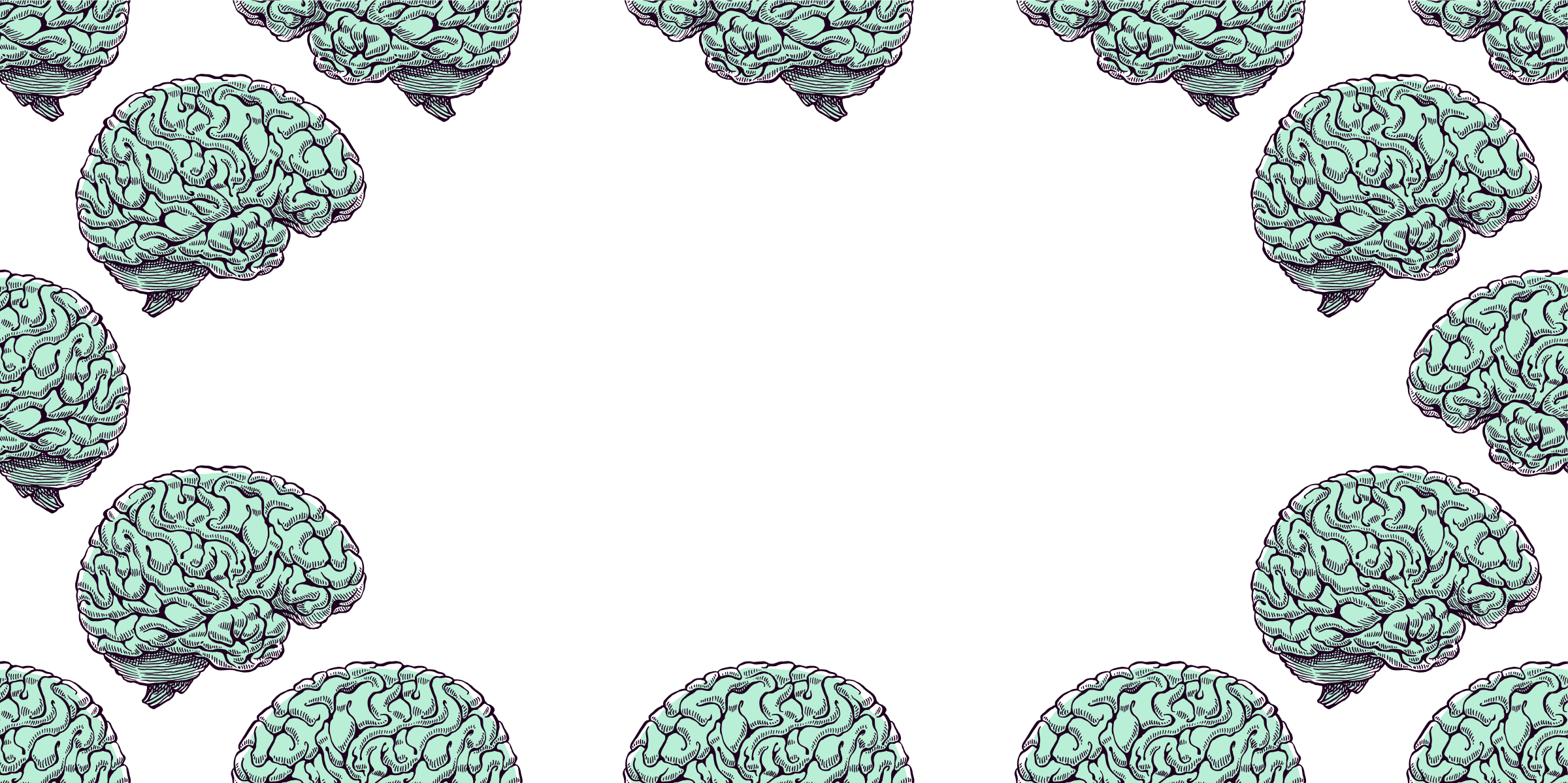

The possibility of losing cognitive abilities as you age can be scary. So scary, in fact, that you might find yourself popping the latest supplement or playing the newest game designed to “improve your cognitive function.”
But there’s more to your brain health than whether you take fish oil capsules or complete puzzles. Here, we’ll take an in-depth look at brain health, including signs of cognitive impairment, nutrition’s role in brain health, surprising things that affect brain health and much more.

Brain Health: What’s Normal, What’s Not
Previously, scientists thought you reached your mental peak in your 20s, in middle age your cognitive abilities plateaued and then as you age, your cognitive abilities gradually declined.
Thanks to research, we know that’s not true. Your brain is constantly changing throughout your life, and as you age, some abilities decline while others improve.
Normal vs. Abnormal Brain Changes
Normal
Abnormal
Signs of Cognitive Impairment
Mild cognitive impairment is a slight but noticeable decline in memory and thinking skills and other areas of cognitive function. It’s important to note that while these changes are noticeable, they’re not significant enough to impact daily function or independence.

Common Brain Health Myths
Myth #1: Alzheimer’s Disease Skips a Generation
While there is a genetic component to Alzheimer’s, there is no proof the disease skips a generation.
Myth #2: Supplements Can Protect Your Brain Health
Doctors at Harvard Health say there’s little if any evidence to support claims that vitamins and supplements do anything to protect or improve brain health.
Myth #3: Brain Health is Just Your Memory
Your cognitive health encompasses a variety of functions like decision-making, attention and problem-solving abilities. It also includes how well you can make and control movements, how you interpret and respond to emotions and how you feel and respond to sensations like touch or pressure.
Myth #4: Puzzles and Games Boost Your Brain Health
Doing a repetitive task like a puzzle or game doesn’t boost your brain health, but learning something new like a language or skill does. And those brain-training games that tout the ability to improve your cognitive ability? For the most part, playing those games can make you better at the game itself, but they have not shown any benefit to improved brain health, according to The New York Times.

Surprising Things that Impact Your Risk of Cognitive Decline
Lowers Your Risk
Raises your risk

Nutrition & Brain Health: What Helps, What Doesn’t
Good
Bad
Alzheimer’s Disease and Diabetes
Research has uncovered a link between diabetes and Alzheimer’s disease. Uncontrolled high blood sugar can damage the brain. Diabetes causes increased levels of insulin in the brain, and just like the body of someone with diabetes, the brain can have trouble processing the excess insulin, leading to cognitive decline.

Types of Dementia
Creutzfeldt-Jakob Disease
Huntington’s Disease
Mixed Dementia
Lewy Body Dementia
Frontotemporal Dementia
Vascular Dementia

Ways to Protect Your Brain Health
While there’s no cure for dementia, there are things you can do to protect your brain health like:
- Learning a new skill, such as dancing or a language
- Doing aerobic exercises
- Trying mindful relaxation to reduce the effects of stress
- Getting at least eight hours of sleep per night
- Eating a Mediterranean diet
- Remaining social and creative
Brain Health: How to Get Help
When it comes to your brain health, you should be aware of the signs of abnormal cognitive impairment. If you or someone you love start experiencing these symptoms, or if you have questions, talk to a doctor.
Dementia Friends
If you or someone you know is diagnosed with dementia, you can still live a very full life. Dementia Friends is a global movement aimed at reducing the stigma associated with dementia. It educates people about dementia and how they can enrich the lives of those with the disease. Find out more about how you can become a Dementia Friend in just an hour by visiting the website.





